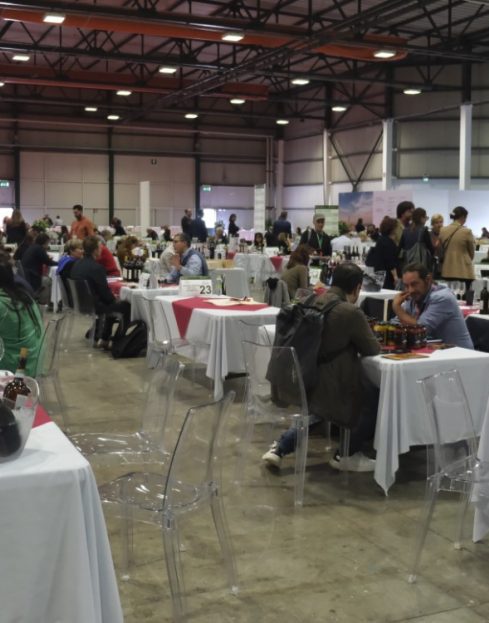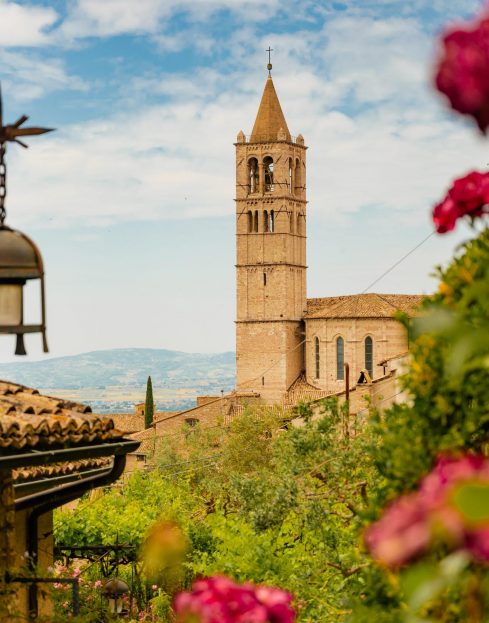The ancient beech wood of Cozzo Ferriero
Unesco site since 2017
The Cozzo Ferriero beech wood is rooted along the ridge that from Coppola di Paola reaches Cozzo Ferriero, in Basilicata, in the countryside of the Municipality of Rotonda (Pz). It covers approximately 70 hectares and is spread over a sub-flat surface between 1700 and 1750 above sea level, near the watershed that marks the border between Basilicata and Calabria. The prevailing exposure is West. Geologically the area is characterized by carbonatic rocks with a prevalence of dolomitic limestone, on which moderately deep soils have formed, with a silty loam to silty clay texture, attributable to the Typic Hapludolls. In this area grow monumental beech trees that have reached the age of approximately 500 years, typical of the most mature phases of forest dynamics.
In Cozzo Ferriero there are trees with a wide dimensional range of diameters, well distributed in space and accumulation of standing dead trees typical of old beech forests, in which the absence of significant impacts linked to human activities for a sufficiently long period has allowed natural dynamics to express themselves, giving rise to structurally complex communities rich in biodiversity.
The population consists of 496 trees, of which 284 with a diameter equal to or more than 17.5 cm. The distribution of plants in diameter classes highlights the presence of two groups of trees that are very distinct from each other: a first group made up of small plants, whose number decreases as the diameters increase and a second group with trees of over 30 cm in diameter. The latter has the classic bell-shape, typical of contemporary populations. It is interesting to note how there is a break in the distribution of diameters. There is a lack of trees with diameters falling within the 20 and 25 cm classes. This absence probably indicates that the renewal processes began about 45 years ago, a period not yet sufficient for the plants to be able to distribute themselves in all diameter classes from 5 to 25 cm. It is highlighted that plants younger than 20 years old are completely absent. This is the confirmation that the renewal process has almost stopped or it occurs only in case of a disruptive event causing a gap. This gap allows the growth of a juvenile beech with heights varying between 1.5 and 3 m and diameters between 1 and 4 cm. The medium-sized plant measures 43.8 cm in diameter and 22.5 m in height, while the dominant height is 26.5 m. The basal area and volume per hectare, referring to the theoretical surface area is between 69.89 m2 and 971.9 m3 respectively, demonstrating the favorable conditions of the station and the high production capacity of the species. Shafts of the lower diameter classes generally have good to fair shape. The system is generally straight and free of malformations and the foliage is contained and is in the upper side. The distribution on the ground is not uniform and appears concentrated, above all, where there have been interruptions in the coverage which have favored the settlement and success of juveniles. The trees of the second group, the larger ones, have a fairly regular distribution on the ground. The stems have a fair to good shape and do not show obvious signs of malformations or pathogen attacks. The crowns are on average expanded and their average diameter is 5.7 m, which corresponds to a surface area of 25.3 m2. The litter is present quite uniformly over the entire area with a thickness that does not exceed 2-3 cm.
How to
get there
Activities

cycling

trekking

excursions
Eventi


































